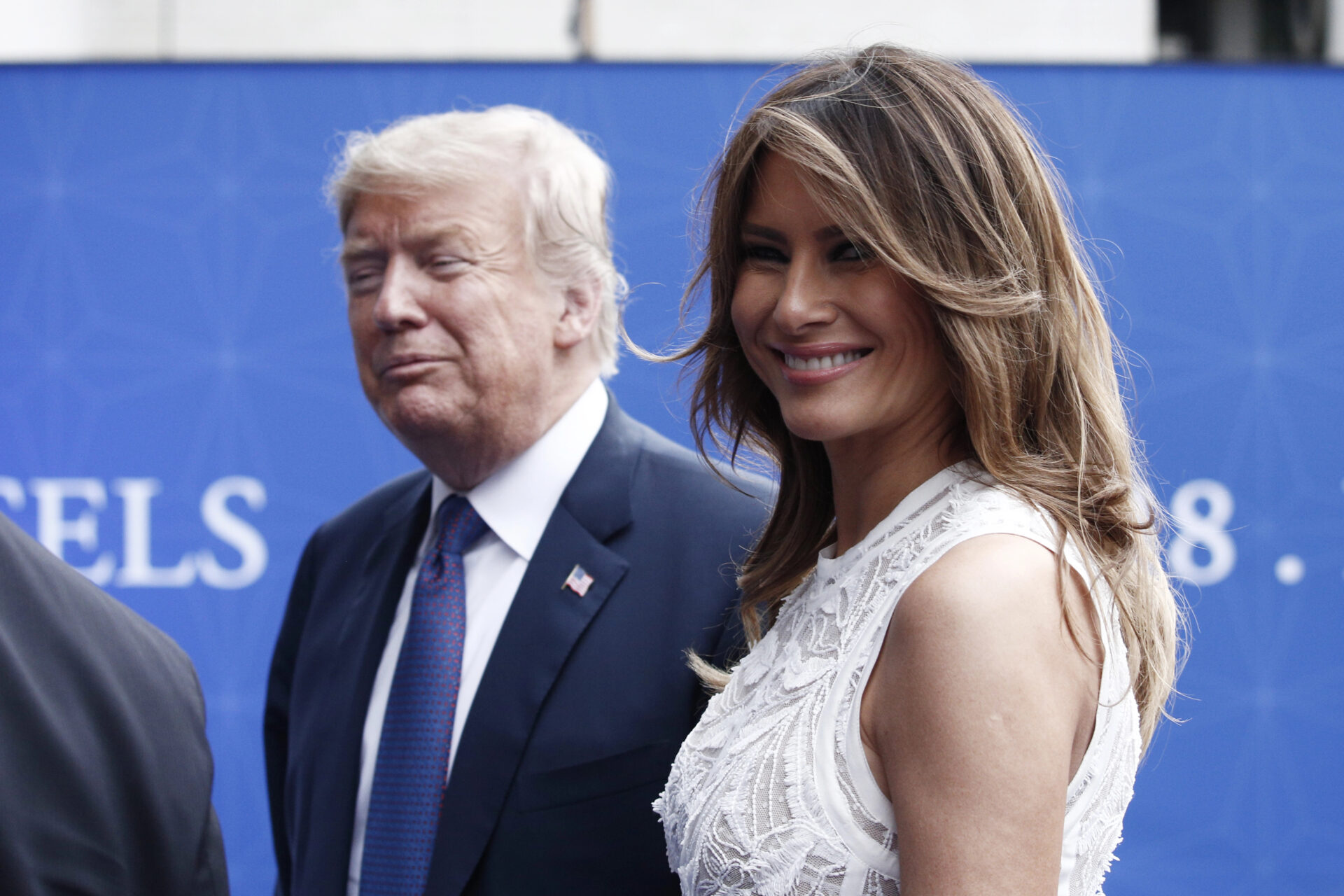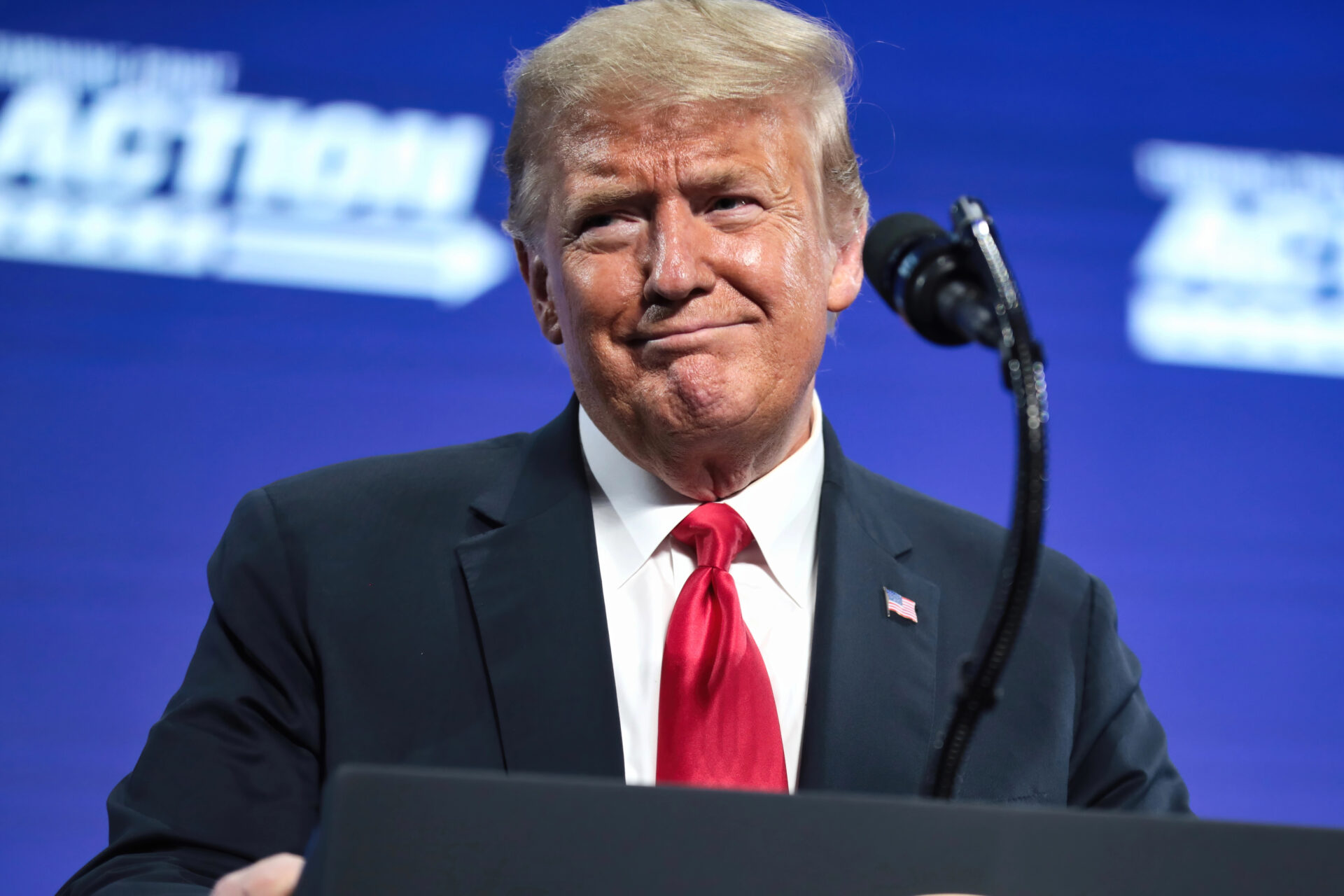Iran has issued a severe warning, cautioning that a major eruption of conflict in the Middle East is a possibility if Israel continues targeting Hamas militants, who are accountable for the death of 1,200 Israelis on October 7. Speaking at the Doha Forum, Iranian Foreign Minister Hossein Amirabdollahian relayed ongoing messages from the U.S. about threats targeting American bases in Syria and Iraq from various groups. He attributed these attacks against U.S. forces in the region to their defensive actions in support of the Arab and Muslim population of Gaza.
Amirabdollahian emphasized Iran’s stance of not acknowledging Israel as a legitimate state, instead considering it an occupying entity for over seven decades. He called on the U.S. to reconsider its steadfast and unconditional support for Israel. This statement comes in the wake of a missile strike by Iranian-aligned Houthi rebels on an oil tanker traversing the Bab-el-Mandeb strait.
The situation has heightened tensions between Iran and Israel, with Israeli Prime Minister Benjamin Netanyahu reportedly informing President Joe Biden of Israel’s readiness to act against the Houthi terrorists if the U.S. remains inactive. The Houthis have a history of targeting ships associated with Israel.
Amidst these developments, President Biden is facing increasing criticism for his perceived reluctance to confront the Houthi terrorists and other Iran-supported Islamic terror factions in the region that have repeatedly assaulted U.S. forces. According to POLITICO, U.S. defense officials have voiced their concerns about this approach, stressing the need for decisive action to deter further attacks.
Former CIA official Marc Polymeropoulos advocated for prompt strikes against Houthi targets. Retired Vice Adm. John Miller, ex-commander of the U.S. 5th Fleet, criticized the U.S. for its apparent indifference to these assaults and its failure to effectively deter adversaries.
This unfolding scenario highlights the intricate and precarious balance of power in the Middle East, involving the U.S., Iran, Israel, and various militant groups in a complex mix of geopolitical and military tensions. With the risk of escalation looming, the implications for regional stability and global diplomatic relations remain uncertain.






